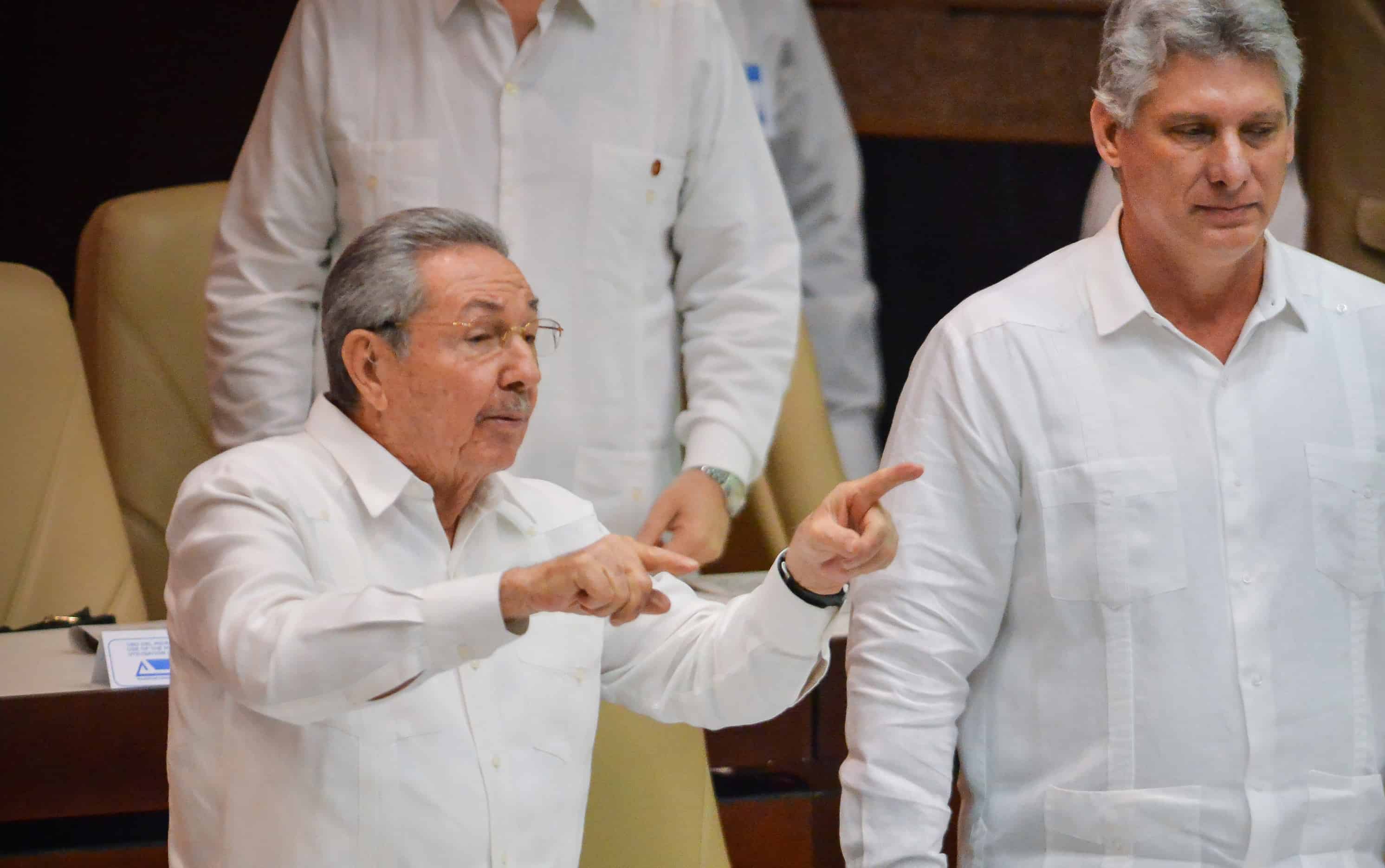VATICAN CITY, Holy See — Cuban President Raúl Castro will meet Pope Francis at the Vatican on Sunday to thank the pontiff for his role in brokering the rapprochement between Havana and Washington.
The first South American pope played a key role in secret negotiations between the United States and Cuba that led to the surprise announcement in December that they would seek to restore diplomatic ties after more than 50 years of tensions.
The Holy See has said the Argentine pope personally mediated between the two sides, and the Vatican hosted delegations from the two countries in October.
The Vatican said Sunday’s meeting would be “strictly private” while a U.S. theologian said Francis would reprise the words of Polish pope John Paul II, who made a historic first papal visit to Cuba in 1998.
“Let Cuba open itself to the world, and let the world open itself to Cuba,” John Paul II urged during the visit, when he was accompanied by Jorge Bergoglio, then auxiliary bishop of Buenos Aires and today Pope Francis.
The pope will “certainly reiterate” John Paul II’s urging “now that Cuba is trying to step up its involvement in the economic world and international relations,” U.S. theologian Miguel Díaz, a former ambassador to the Holy See, told the Italian news agency Adnkronos.
Castro’s stop at the Holy See, announced only Tuesday, follows a visit to Russia, where the Cuban leader attended a grandiose World War II victory parade on Saturday.
He will meet Italian Prime Minister Matteo Renzi in Rome later on Sunday.
The Vatican announced last month that Pope Francis would visit Cuba in September, becoming only the third pontiff to do so after John Paul II in 1998 and Benedict XVI in 2012.
Francis will go on from Cuba to the United States and a meeting with President Barack Obama.
Castro’s ailing older brother Fidel came to the Vatican in 1996 when he met pope John Paul II.
The Catholic Church has consistently backed calls for the lifting of the U.S. trade embargo against Cuba, while staunchly supporting Cuban Catholics, pressuring Havana to release political prisoners, many of them Catholic activists.
The Vatican also kept its distance from Cuban exiles based in Miami, Florida who clamored for Havana’s Marxist regime to be overthrown by force.
When the now retired Benedict XVI visited Cuba in 2012 he had long and warm talks with Fidel Castro, who is now 88.
The Vatican’s mediation between Cuba and the U.S. administration was a major success for the Holy See and had a considerable impact in mainly Catholic Latin America.
Other diplomatic efforts have been less successful, including a bid to help resolve the political crisis in Venezuela and a longstanding drive to encourage reconciliation between the Colombian government and guerrilla movements there.
The Holy See successfully mediated in 1984 between Chile and Argentina in their dispute over the Beagle Channel at the extreme southern tip of South America.






